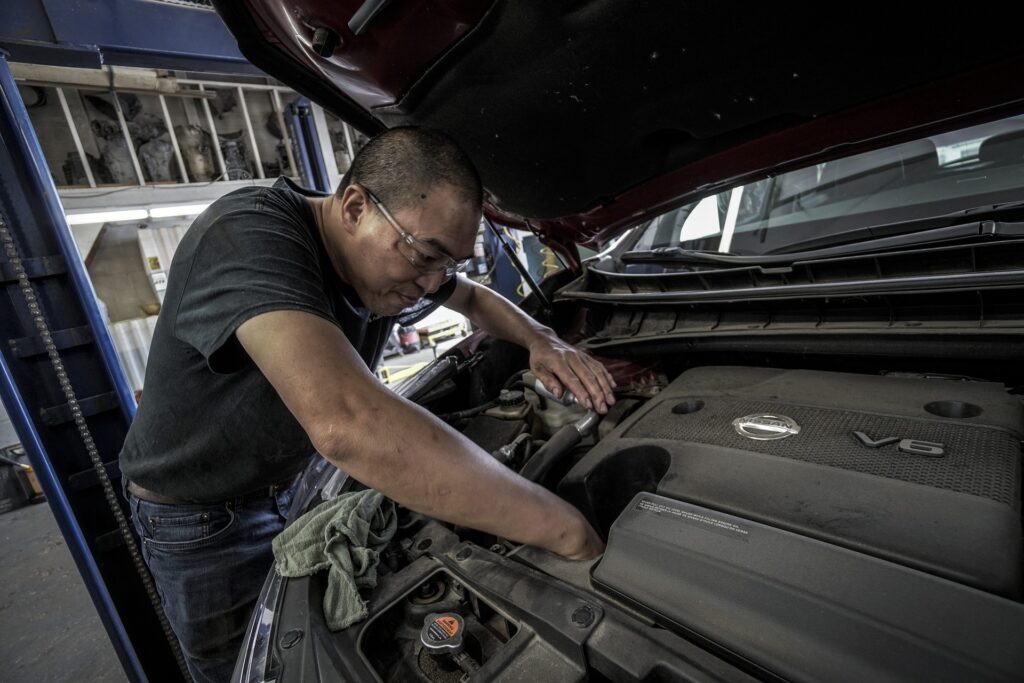If you are planning on embarking on a long journey, it is essential to ensure that your vehicle is roadworthy and safe. Doing this before beginning your journey will prevent unexpected delays. One way to ensure the safety of your vehicle is by conducting a pre-trip vehicle inspection. Pre-trip inspections are essential for long journeys as they can help prevent accidents. They also avoid breakdowns, reduce costly repairs, and ensure the safety of the vehicle’s occupants.
In this article, we will discuss the importance of conducting pre-trip vehicle inspections. We will give you tips on how to carry out an effective inspection. We will also highlight the dangers of neglecting vehicle inspections. In this manner you will understand that they are essential before embarking on any long journey.
Benefits of Pre-Trip Vehicle Inspections
- Reducing Breakdowns
Conducting a pre-trip vehicle inspection helps to identify any potential repairs and maintenance issues that could cause breakdowns during the journey. A breakdown during a long journey can be frustrating and time-consuming, especially if you are in an unfamiliar area. It can also be dangerous if the vehicle breaks down on a busy road or in an area with no help.
- Ensuring Roadworthiness
Conducting a pre-trip inspection ensures that the vehicle is roadworthy, meaning that it meets all the minimal requirements for use on the road. A roadworthy vehicle is safe and stable on the road, and it can maintain proper speeds and handle sudden stops and turns.
- Saving Time and Money
By conducting a pre-trip inspection, you can identify any maintenance issues beforehand, saving you time and money. Repairing a vehicle before a long trip is much less expensive than discovering the problems on the road and having to pay for expensive repairs.
- Ensuring Passenger Safety
The safety of the vehicle resides in the driver’s hands. A pre-trip inspection can be the difference between a safe vehicle and an unsafe one. This can help ensure the safety of the vehicle’s occupants, adding a well-deserving highlight of passenger safety.
How to Conduct an Effective Pre-Trip Inspection
Conducting a pre-trip vehicle inspection is not complicated, and you do not need to have any technical knowledge. The following steps can help you create an effective pre-trip inspection process:
- Check the Tires
Ensure that the tires are in good condition, with no punctures, cuts or uneven wear. Check the tire pressure as well, since too much or too little pressure can affect the car’s handling, braking, and fuel efficiency.
- Check Fluid Levels
Amongst the most considerable steps, you want to check your oil level and Brake fluid levels, take note: your engine oil, brake fluid, transmission fluid, coolant levels, and windshield washer fluid. The fluids are essential to the smooth running of the vehicle and should be checked at least once a month.
- Lights and Signals
Check that all the vehicle’s lights are working, including the headlights, brake lights, fog lights, and indicator lights.
- Brakes

Make sure that the brakes are working correctly, with no squeaking or grinding sounds.
- Suspension and Steering
Ensure that the vehicle’s suspension and steering are in good condition, with no vibrations or rattling sounds.
Examples of Neglecting Vehicle Inspections
The importance of conducting pre-trip inspections cannot be overstated. Neglecting vehicle inspections puts you and your passengers at risk of accidents and breakdowns, which can be costly, both in time and money. Here are some examples of what could happen in different scenarios:
- Panic-Driven Neglect
Inexperienced and unprepared drivers may exhibit neglect through panic-driven decisions such as packing everything they can think of, rather than ensuring the safety of the car. It is better to make your safety and the safety of the passengers your first priority rather than the extra luggage.
- Ignoring Unfamiliar Warning Sounds
Inexperienced drivers may ignore warning sounds and assume that whatever the sound is will go away on its own. This can be extremely dangerous and can result in costly repairs if not dealt with promptly.
- Basic Lack of Maintenance
Regular maintenance is essential for the vehicle to function optimally. Neglecting to do so may result in repair costs that will break the bank, which could be avoided with regular maintenance.
A pre-trip vehicle check is essential for long journeys, and it is easy to conduct. By investing a few minutes to check the basic components of your vehicle, you can ensure that you are safe and secure while traveling. Finding a fault while at home is much less stressful than discovering it in the middle of the road in the dead of night. Always prioritize safety and remember that pre-trip vehicle inspections are non-negotiable.
Related Post
Master the icy roads! Discover the top five crucial lessons from winter driver training, ensuring your safety during the frosty season.
Stay safe this winter! Learn essential tips for winter driving and get home safely.






